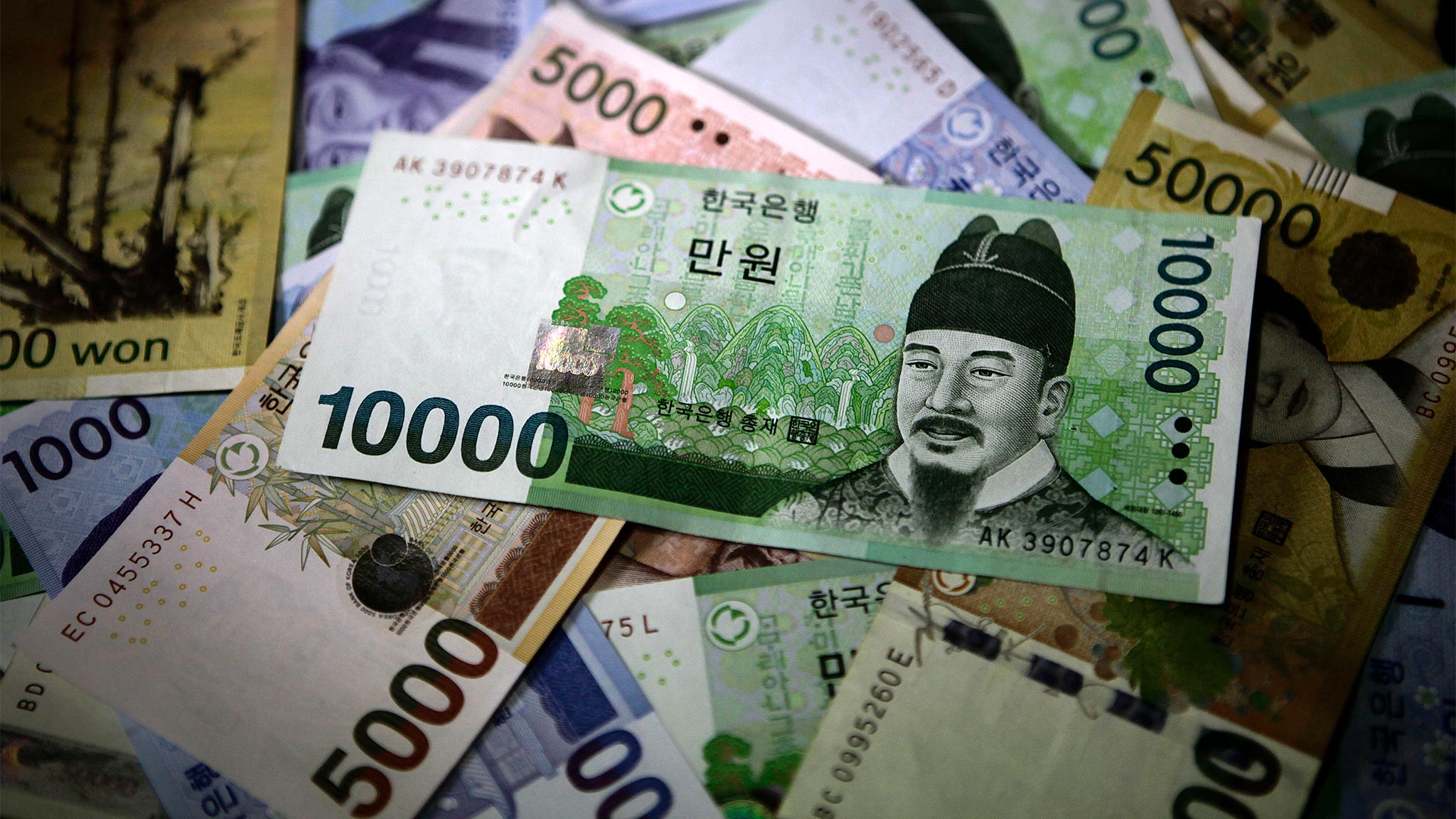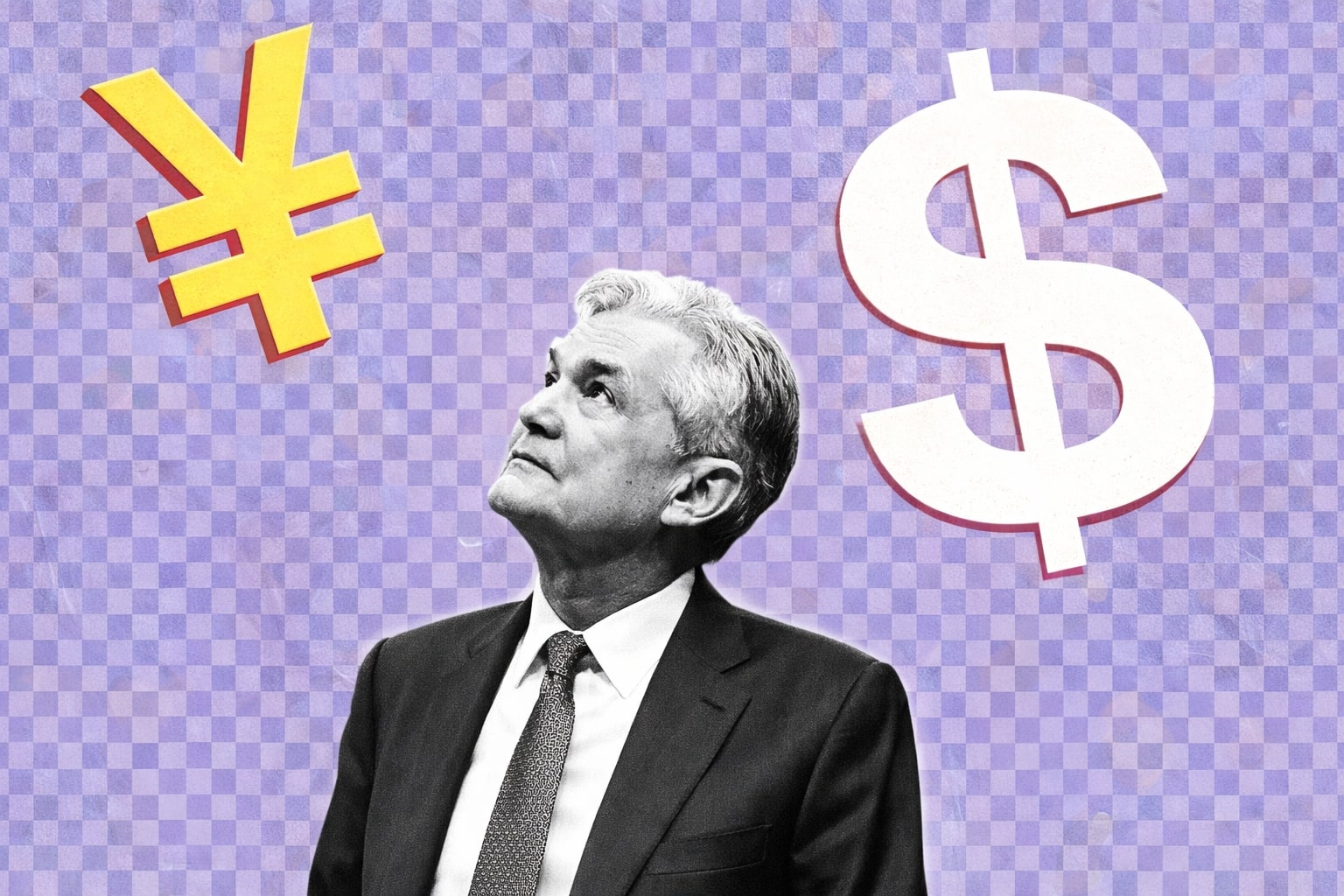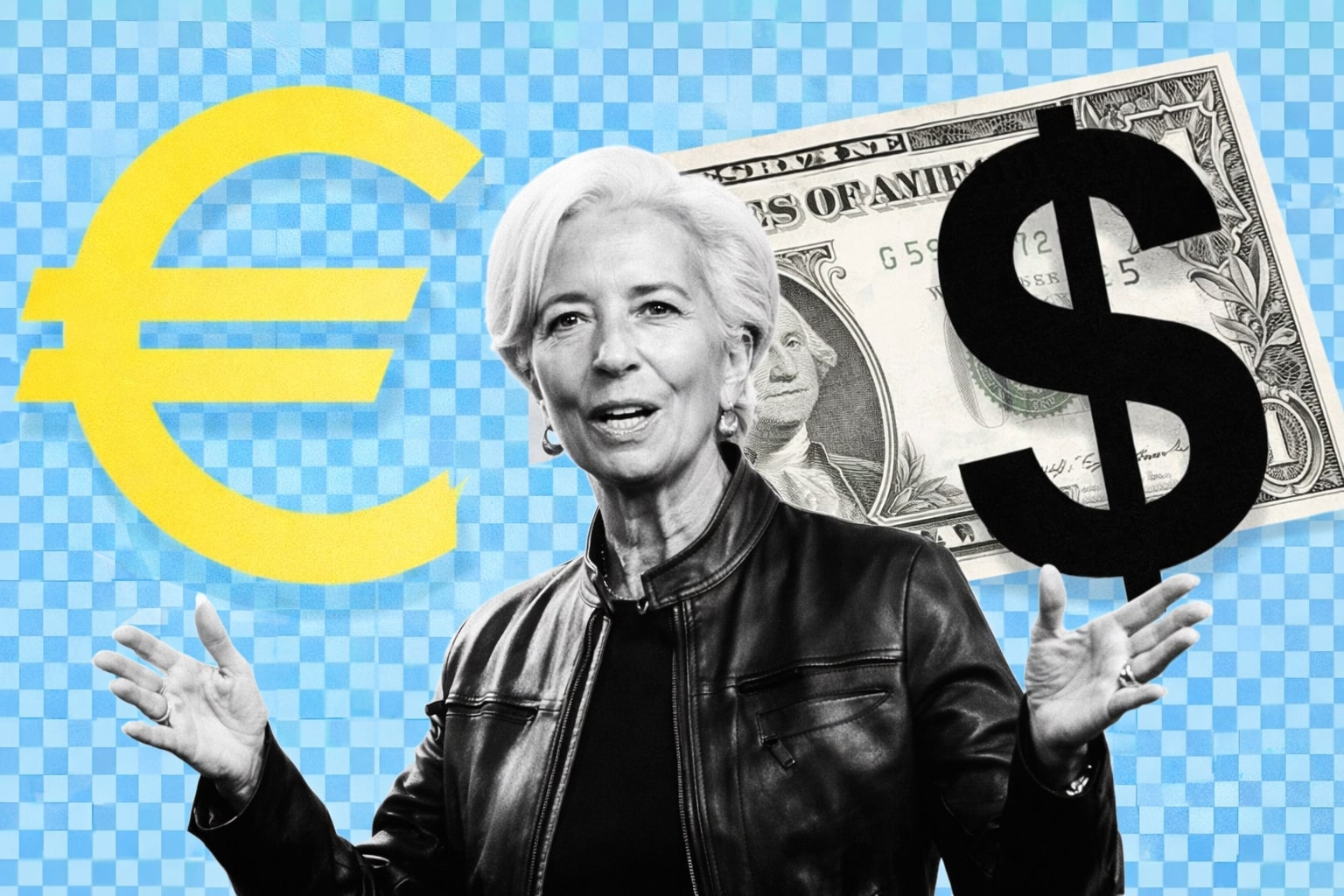
South Korean Won Faces Structural Challenges, Unlikely to Strengthen to Pre-Pandemic Levels
Bank of Korea Board Member Highlights Geopolitical Competition, Aging Population, and Trade Imbalance as Factors Impacting the Won's Performance
According to a board member of the Bank of Korea, the South Korean won is facing significant challenges that may prevent it from strengthening to pre-pandemic levels. Structural changes, including heightened geopolitical competition, an aging population, and increasing demand for overseas investment, have contributed to the currency's weakening outlook. The won has experienced volatility and depreciation against the US dollar, impacting South Korea's inflation levels and prompting the Bank of Korea to implement a series of rapid rate hikes.
While the won saw a slight uptick on Friday, reaching around 1,310 per dollar, it remains approximately 3% weaker this year, positioning it as one of the worst-performing currencies in Asia. In the past, trade surpluses have helped stabilize the won, but their impact has diminished due to an increase in dollar-denominated prices and the nation's heavy reliance on energy imports. As a result, the won is now more susceptible to capital flows, further contributing to its volatility.
To address these challenges and stabilize the won's performance, an integrated policy framework is necessary. This approach involves implementing robust macroeconomic policies that promote fund circulation and attract more investors to the Korean market. In addition, foreign exchange market stabilization policies play a crucial role in managing currency fluctuations. Moreover, efforts to enhance export competitiveness and diversify export markets are essential for curbing the won's volatility.
South Korea's economy, as the fourth-largest in Asia, is experiencing a gradual decline in long-term growth momentum. The won has depreciated by 5.4% against the US dollar this year, outpacing many other currencies in the region. This decline can be attributed to various factors, including sluggish overseas sales of semiconductors, which have led to consecutive declines in exports. Additionally, the country is grappling with trade deficits and a fiscal deficit of 54 trillion won ($450.4 billion) in the first quarter. The subdued economic growth forecast for this year, estimated to be around mid-1%, is slower than the 2.6% growth recorded in 2022.
External conditions pose ongoing challenges, particularly in the United States, where regional banks are facing troubles following the collapse of Silicon Valley Bank. Although this is not expected to trigger a global crisis similar to the Lehman Brothers collapse, it remains a concern for economic actors worldwide. Furthermore, South Korea's economy is confronted with its own internal challenges, such as a low birth rate and an aging population. Addressing these issues will require comprehensive reforms in labor, pension, and education systems, as well as efforts to boost export competitiveness.
It is important to recognize that artificially propping up the currency is neither feasible nor desirable. Instead, policymakers should focus on implementing sustainable measures that enhance the economic fundamentals of South Korea. By taking proactive steps to overcome current challenges and drawing lessons from past crises, the country can strengthen its economic position and ensure steady growth in the future. These efforts will be vital in securing a more stable and resilient South Korean won.
The Bank of Korea's board member highlights that the won's depreciation is not solely influenced by temporary factors but also by long-term structural changes. Heightened geopolitical competition, driven by various geopolitical tensions, has had a significant impact on the currency's performance. Additionally, the country's aging population presents challenges for sustained economic growth. As the population ages, there is increased demand for overseas investment, putting further pressure on the won.
Another factor contributing to the weakening won is the deterioration of the nation's trade balance. The imbalance in trade has put downward pressure on the currency, as increased imports and reduced exports affect the overall stability. This has led to rising inflation in South Korea, prompting the Bank of Korea to implement rapid rate hikes to curb inflationary pressures.
While the won experienced a brief recovery, reaching approximately 1,310 per dollar, it remains relatively weak compared to its performance in previous years. Trade surpluses, which traditionally helped stabilize the won, are no longer as effective due to an increase in dollar-denominated prices and the country's high dependency on energy imports. Instead, the won is now more influenced by capital flows, making it susceptible to market volatility.
To address these challenges, the Bank of Korea's board member emphasizes the need for an integrated policy framework. This framework should combine solid macroeconomic policies to boost fund circulation and attract more investors to the Korean market. It should also include foreign-exchange market stabilization policies to manage currency fluctuations effectively. Furthermore, efforts to enhance export competitiveness and diversify export markets are crucial for reducing the won's volatility and strengthening its performance.
The article also highlights the underperformance of the South Korean won compared to other currencies in Asia. With a depreciation of 5.4% against the US dollar this year, the won ranks among the worst-performing currencies in the region. This decline can be attributed to various factors, including sluggish overseas sales of semiconductors, which have impacted South Korea's exports. Additionally, the country is experiencing trade deficits and a fiscal deficit in the first quarter, further weighing on the currency's outlook.
External conditions, particularly the troubles faced by regional banks in the United States, add to the challenges. While these troubles are not expected to result in a global crisis like the Lehman Brothers collapse, they create uncertainties in the global economic landscape. The article stresses the importance of addressing internal challenges in South Korea as well, including low birth rates and an aging population. Reforms in labor, pension, and education systems are needed to address these issues and ensure long-term economic growth.
The Bank of Korea's board member highlights that artificially supporting the currency is not a viable solution. Instead, the focus should be on implementing sustainable measures to enhance the country's economic fundamentals. Overcoming current challenges and drawing lessons from past crises will be crucial for ensuring a more stable and resilient South Korean won. With proactive steps and comprehensive reforms, South Korea can strengthen its economic position and foster steady growth in the future.
Read More
-
NLR ETF at $145.21: Uranium, Nuclear Power and the AI Baseline Energy Trade
14.01.2026 · TradingNEWS ArchiveStocks
-
XRP ETF Demand Lifts XRPI, XRPR and Bitwise XRP as XRP-USD Defends $2.10 Support
14.01.2026 · TradingNEWS ArchiveCrypto
-
Natural Gas Price Forecast - NG=F Slides Toward $3 as Warm Winter Clashes With LNG Demand
14.01.2026 · TradingNEWS ArchiveCommodities
-
USD/JPY Price Forecast - USDJPY=X Climbs Toward 160 as Japan’s Debt Fears Clash With BoJ Hike Hopes
14.01.2026 · TradingNEWS ArchiveForex



















